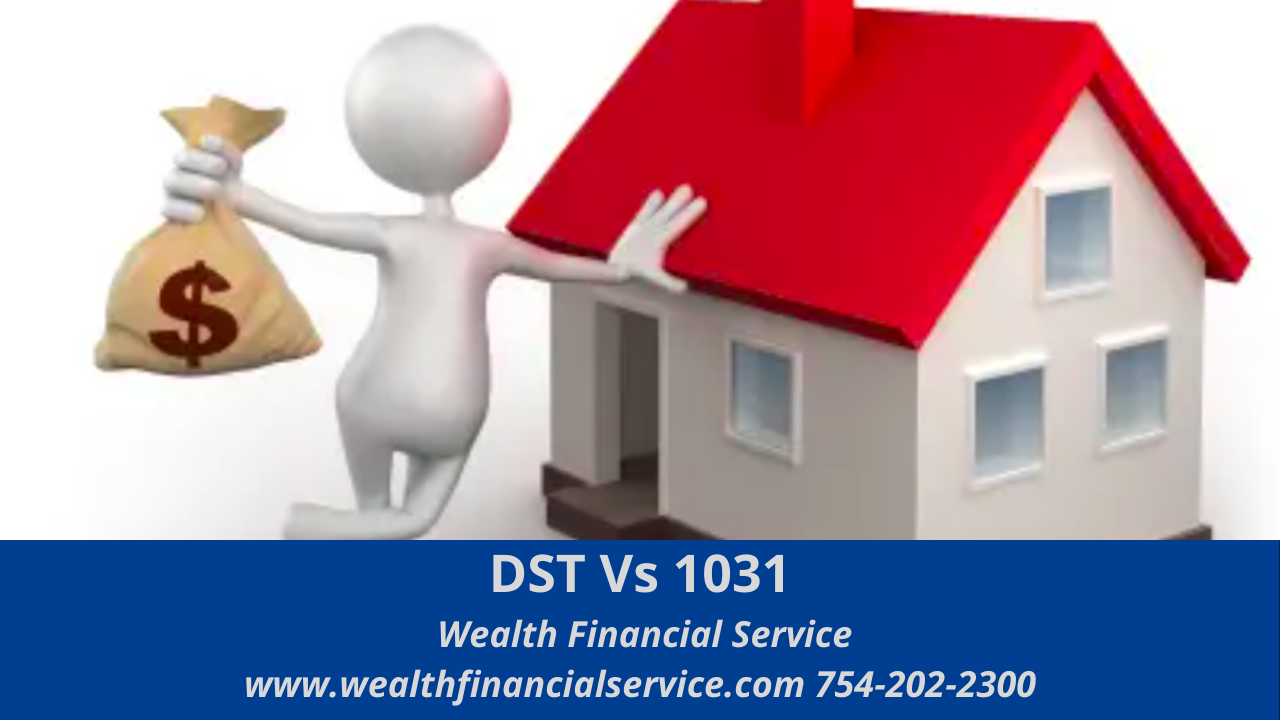
DST vs 1031
What You Need to Know
What is a Deferred Sales Trust (DST)?
- A tax-deferment strategy for selling an investment property.
- Utilizes a trust structure to defer capital gains taxes.
- Investors receive a guaranteed income stream and potential growth opportunities.
What is a 1031 Exchange?
- A tax-deferment strategy for selling an investment property.
- Investors must identify and purchase a new property within 180 days.
- No guaranteed income streams or growth opportunities.
Pros & Cons of Deferred Sales Trust
- Pros: Tax deferment, guaranteed income, growth potential.
- Cons: Complex structure, fees, and limitations.
Pros & Cons of 1031 Exchange
- Pros: Simplicity, no fees.
- Cons: Time constraints, and limited growth opportunities.
Time Limits for DST & 1031
- Deferred Sales Trust: No time limit for reinvestment.
- 1031 Exchange: Must identify and purchase new property within 180 days.
Uses of DST & 1031
- Deferred Sales Trust: Can purchase real estate, stocks, businesses, etc.
- 1031 Exchange: Must be used to purchase another investment property.
Conclusion
The Deferred Sales Trust and 1031 Exchange both offer tax-deferment strategies for selling investment properties. However, the DST offers more flexibility and potential for growth through a guaranteed income stream and a wider range of investment options. On the other hand, the 1031 Exchange is a simpler option but with limited growth potential and time constraints for reinvestment. Ultimately, the choice between the two will depend on individual investment goals and priorities. Contact us today, at Wealth Financial Services & Products at 754-202-2300 or visit our Get a Quote, to set up a consultation.
With an IUL you can change your life and the life of your future generations
IUL is a type of permanent life insurance, that comes with a cash value component in addition to a death benefit. The money in these cash-value accounts earns annual compound interest based on a stock market index chosen by your insurers, such as the S&P 500 or the Nasdaq Composite.
This means, your money is not in the stock market and you will never lose your principal funds in your account, no matter what happens in the stock market (Because of a 0% floor).

Get your Free Consultation Today
Related Articles
Long Term Care Insurance
Long-Term Care Insurance Long-term care insurance policies are becoming more popular as people realize the need to prepare for their future care needs. Here are some important things to consider when evaluating long-term care policies. The Cost of Long-Term...
Understanding Your Annual Tax Bill to the IRS
Understanding Your Annual Tax Bill to the IRS As a responsible citizen, understanding your annual tax bill to the IRS is crucial. Not knowing how much you pay in taxes could lead to missed opportunities to save money, or worse, IRS penalties. In this post,...
Living Benefits
Living Benefits Rider: The New Insurance Policy You Need Are you tired of paying for insurance that only covers you after you pass away? It's time to consider a new policy that offers living benefits riders, at no extra cost. Living benefits provide policyholders...
Stay Up to Date With The Latest News & Updates
Shipping a Car?
Looking for Auto Transport Services? Look no further. Contact Mission Auto Transport at
Join Our Newsletter
Follow Us




